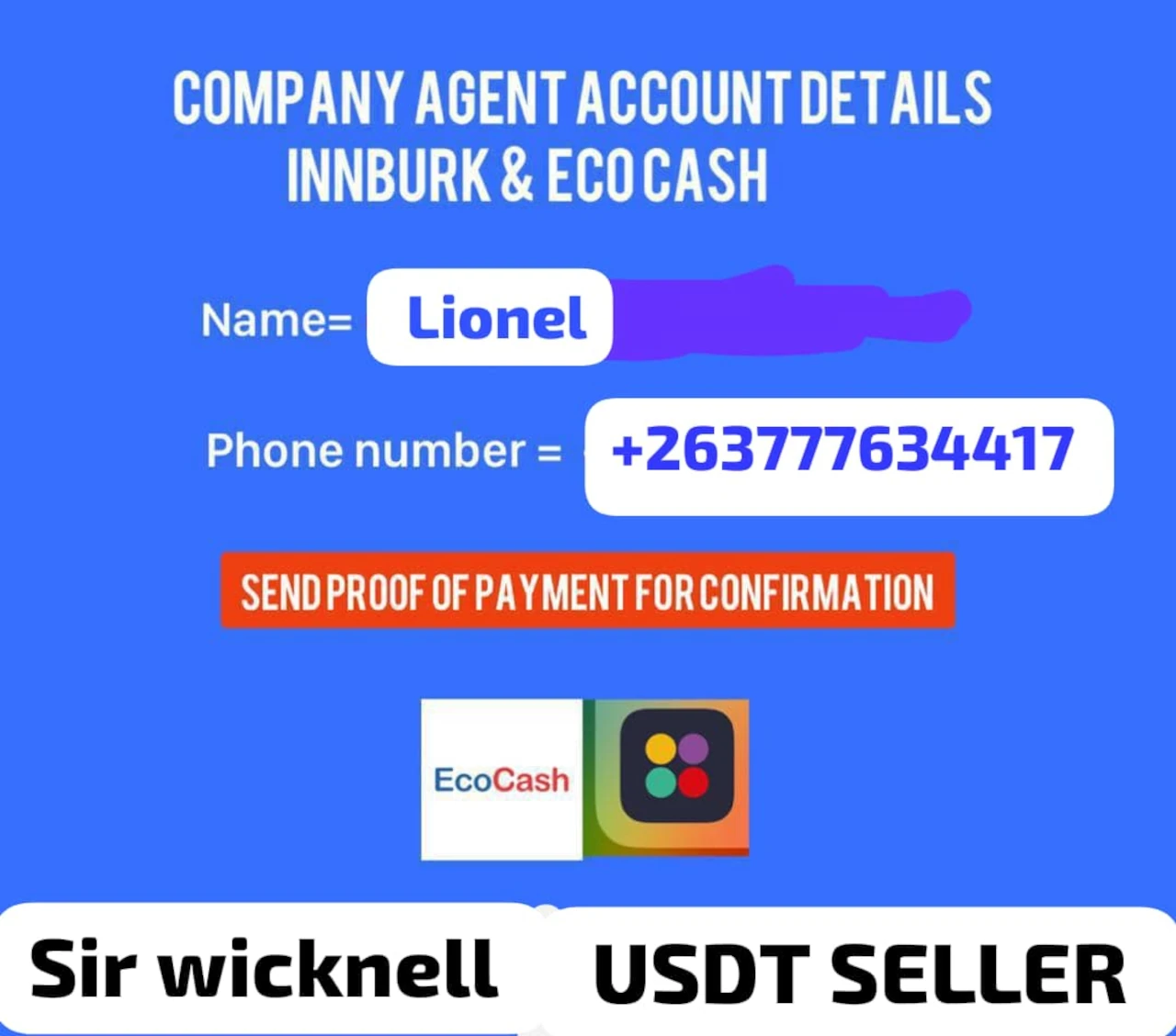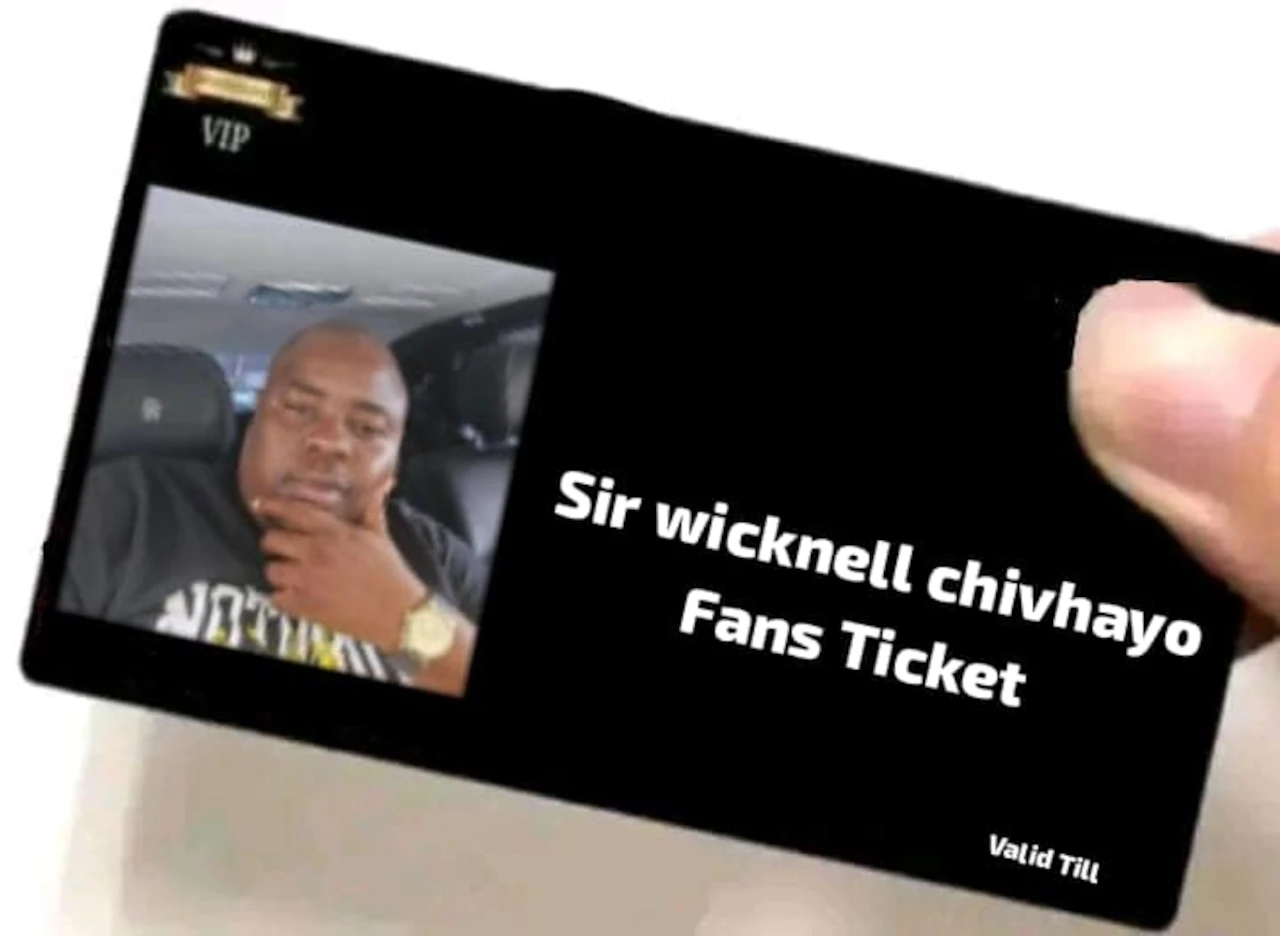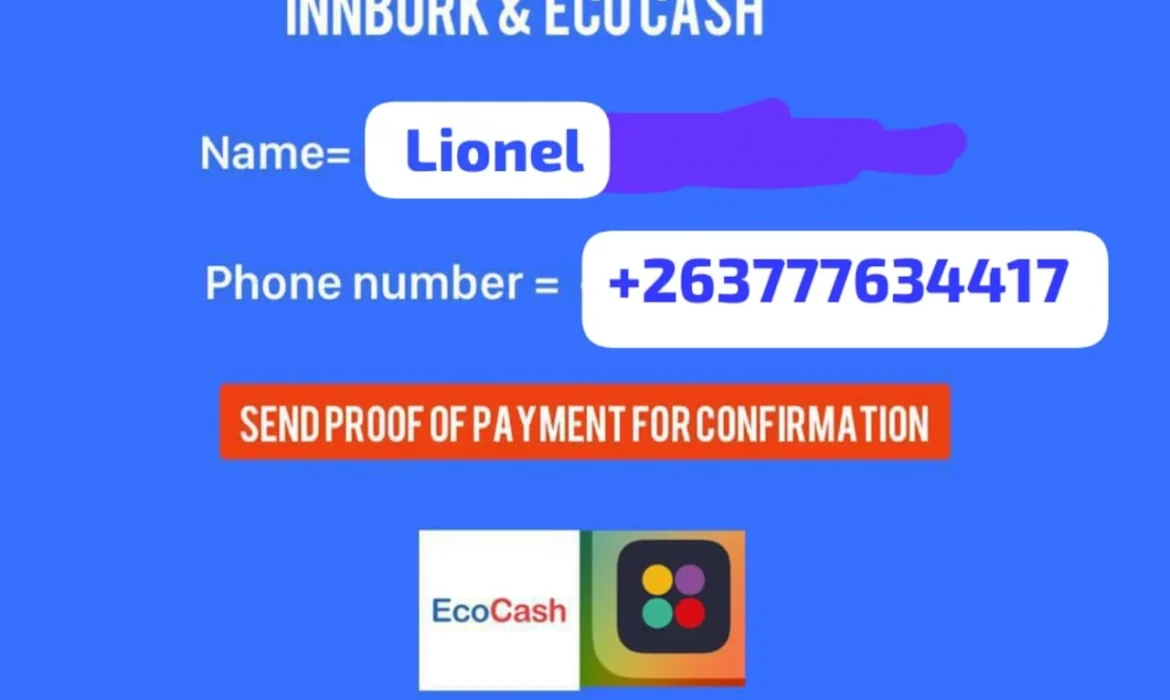How Fake Wicknell Chivayo Pages Are Tricking People With US$1500 Profit Claim
Scammers are now impersonating flamboyant Zimbabwean businessman Wicknell Chivayo on Facebook to lure unsuspecting users into sending money. A detailed investigation by iHarare has revealed how these fraudsters are abusing Chivayo’s name and online presence to run advance-fee scams promising massive returns on small investments.
Fake Wicknell Chivayo Pages Target Desperate Users
iHarare discovered that scammers are actively monitoring Chivayo’s Facebook posts. As soon as he shares something, they swoop into the comments section, searching for users asking for help or trying to get his attention.
They then drop WhatsApp numbers and ask the users to “message Sir Wicknell privately.” The names they use are slightly altered versions of the original, such as “Sir Wicknell Chivhayo” or “Sier Wicknell Chivayo.”
One impersonator using the South African number +27 82 356 5348 responded enthusiastically when iHarare posed as a gullible follower.
“I’m currently offering a mentorship program where I coach my fans and followers on how to boost their profits… you could make some good income trading at the moment. I could teach you how you can earn from trading if you want though,” he said.
To appear legitimate, the scammer initiated a brief WhatsApp video call. The video showed the real Wicknell Chivayo, but the audio was distinctly Nigerian. The video ended quickly, citing “poor network.”
He then pitched a “global wealth creation” opportunity, claiming:
“If you buy tickets with little capital you will receive back huge profit within 7 hours… the amount you deposited x10. Then 20% is mine and 80% is yours.”
He even shared a fake profit chart:
-
$100 earns $1,500
-
$200 earns $2,500
-
$500 earns $5,500
-
$1,000 earns $15,000
To close the deal, the impersonator asked:
“So how much would you like to invest right now?”
After iHarare pretended to commit US$100, he sent a Zimbabwean number, +263 777 634 417, registered to someone named Lionel, instructing us to make a deposit and send a proof of payment screenshot.

The scammer then requested full personal details, including our name, address, date of birth, phone number, and bank details.
“You don’t have to worry my friend, this platform is very reliable… within 7 hours you’ll get your profit.”
Another Fake ‘Wicknell’ With Bigger Promises
The second impersonator, using +27 63 554 4082, was even bolder.
“Hello dear, are you the one who needs help from me?” he asked as soon as we messaged.
He quickly offered “business funding” – but on one condition.
“First, you have to buy my ticket to join my membership where I support and teach people how to be successful in life,” he said.

Ticket prices varied:
-
$50 = $40,000 in business capital
-
$60 = $50,000
-
$80 = $80,000
After saying we’d go for the US$80 ticket, he sent these Ecocash details:
-
0771 265 315
-
Name: WILSON
He instructed:
“Make your payment into this details [sic] and send me the proof of payment immediately.”
But when we delayed, he turned aggressive, asking:
“Which one are you going for…??”
“How much do you have now?”
“What is your Ecocash account?”
When we didn’t respond, he repeated his demands until we blocked him.
Why This Scam Works—And How to Avoid It
While the tactics may seem obvious to some, scammers rely on people who are desperate, struggling, or simply unaware. They don’t need thousands of victims—just a few people a week to make a living from deception.
Red flags to watch for:
Too-good-to-be-true returns
(US$1,500 from US$100? Completely unrealistic. No legitimate business offers a 1400% profit in hours.)
Pressure to pay immediately
(Scammers use urgency to force decisions. Real companies don’t rush or threaten you.)
Fake video calls
(These aren’t proof of identity. Scammers often use pre-recorded clips of celebrities.)
Requests for personal info
(Your name, ID number, and bank details can be misused. Never share them with strangers online.)
By staying alert and questioning suspicious offers, you can protect yourself—and others—from falling into the same trap.
What Makes This Scam So Dangerous
Scammers exploit people’s admiration for Chivayo and the hope that he might offer financial help. The promise of “US$1,500 from US$100” feels like a miracle for those in tough situations.
Advance-fee scams work in volume. Some fraudsters contact hundreds of people per day, needing just a handful to reply. If even one person sends money, they consider the day successful.
A fraud analyst warned:
“These scams are a numbers game. Even if 99% ignore them, the 1% who respond make it worth their while.”
There is no evidence that Wicknell Chivayo himself is involved in these scams. His name and image are simply being abused by online criminals to appear credible.
Final Warning
If an offer promises easy money, it’s a scam. Never send money to strangers online, no matter how convincing they sound.
Stay alert—and share this story to protect others from falling victim!
Follow Us on Google News for Immediate Updates
The post Send US$100, Get US$1500: How Fake Wicknell Chivayo Accounts Are Scamming Zimbabweans – Full Details appeared first on iHarare News.











